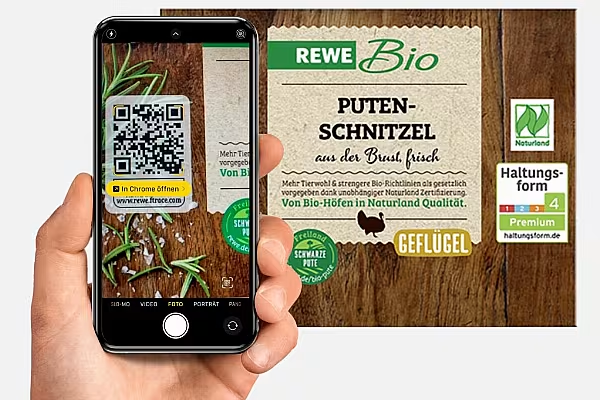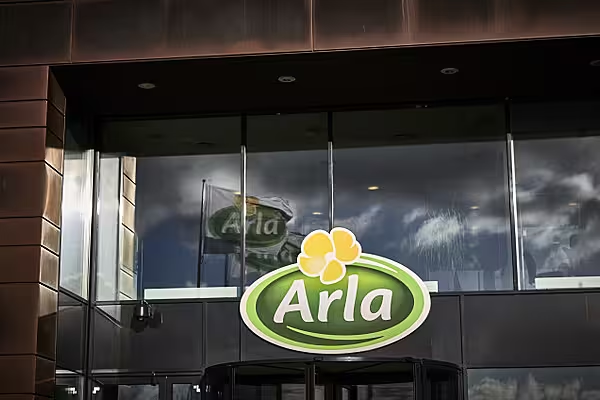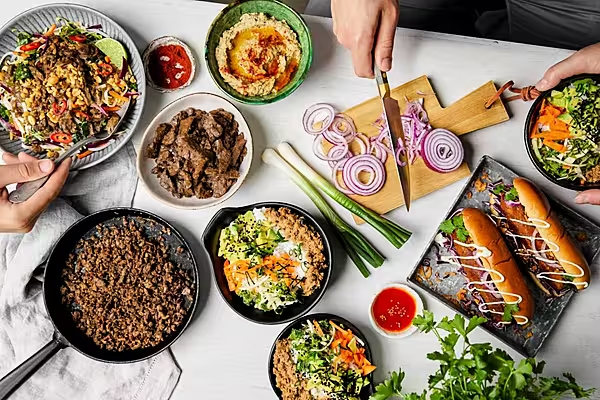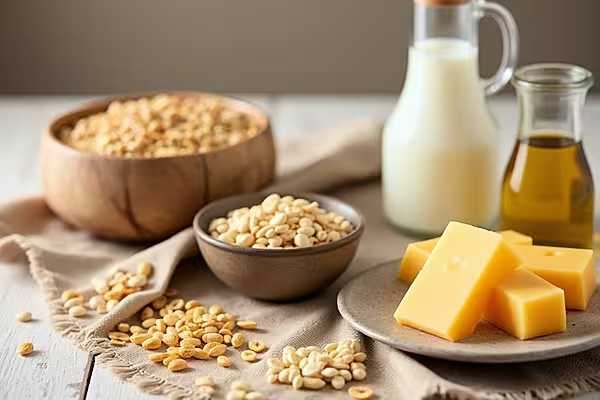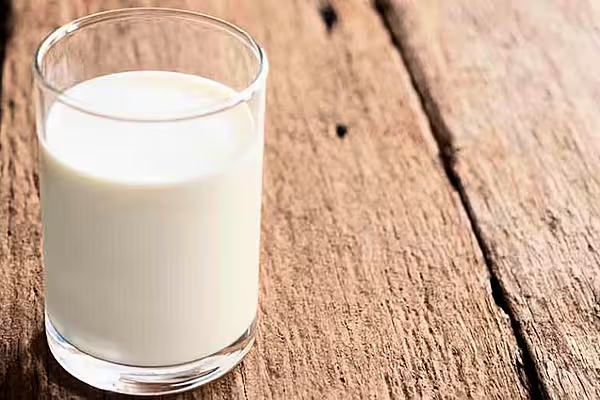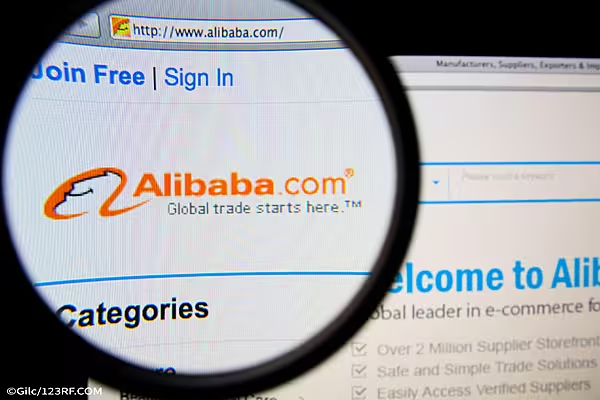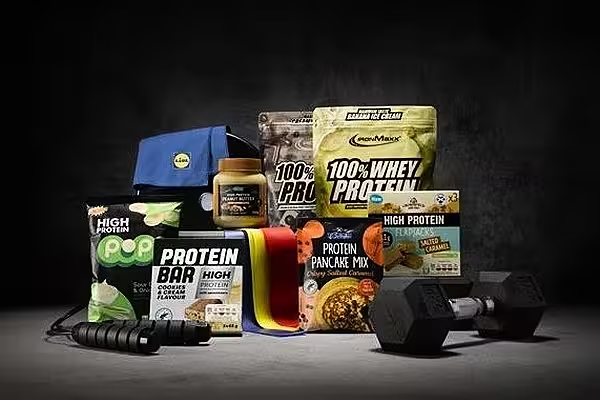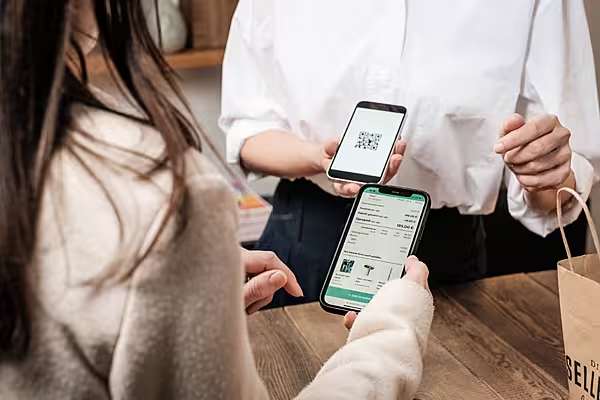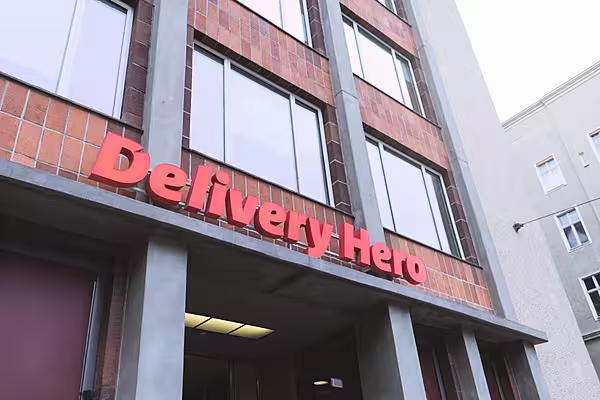German retailer REWE has added a QR code to a selection of meat and dairy items to offer customers more information about the origin of products.
The supermarket chain aims to share more information about the origin of the product and the individual production stages through this initiative.
REWE Displays Traceability Via QR Codes
Customers can learn more about the products by scanning the QR code on the product packaging and adding the batch or LOT number.
This process reveals product-specific information and the individual manufacturing stages along the product's value chain up to its point of origin.
Information shared via the QR code cannot be included on the packaging due to the limited space, REWE noted.
Over the coming weeks, the retailer will integrate a total of around 36 organic meat and two organic milk products as part of the pilot project.
Information offered via QR codes is more transparent and can be used to trace the origin of products step by step.
The husbandry type identification is also shared as part of product origin information, the retailer added.
Commenting on the initiative, Caroline Winkel, buyer at the REWE Group, said, "Nowadays, the origin, provenance, regionality, and traceability of food play an increasingly important role in our customers' purchasing decisions. The COVID-19 crisis has strengthened this trend again. Studies such as the Forsa Nutrition Report from 2021 show that the origin of the raw material even beats the price as a purchase criterion in some product groups.
"In the case of meat and dairy products in particular, more and more people want to know as precisely as possible where the products come from and how they were processed. Therefore, our customers with meat and milk from the REWE Bio own brand now have the opportunity to access this information very easily via QR code."
Tracing Technology
Rewe uses the 'fTRACE' platform for the service, which obtains information on the individual items directly from the retailer's suppliers, who enter them into the system on a daily and just-in-time basis.
In addition, data from external databases, such as the QS test system for food safety and the animal welfare initiative, are stored.
This guarantees a reliable data quality and an automatic comparison of the information for plausibility checks.
The retailer is testing the service on the select products before deciding whether to roll out the initiative to other items.
© 2022 European Supermarket Magazine – your source for the latest Retail news. Article by Conor Farrelly. Click subscribe to sign up to ESM: European Supermarket Magazine.
